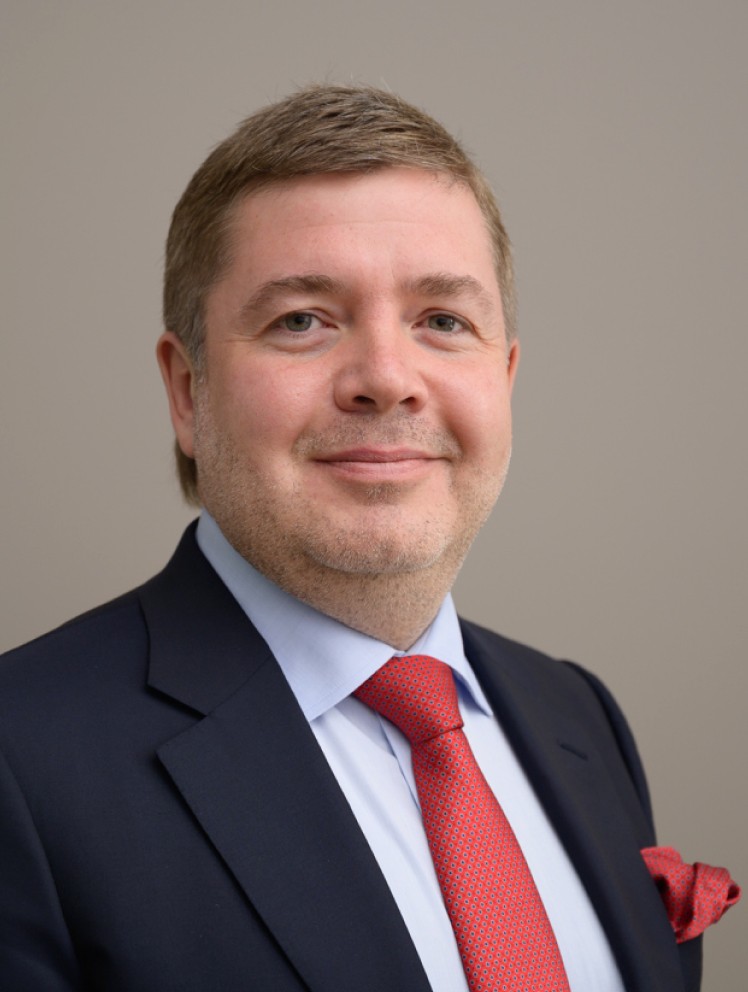The conference on “Market power, competition, and antitrust regulation in Russia: #15yearschallenge”
The conference on “Market power, competition, and antitrust regulation in Russia: #15yearschallenge,” which Pravo.ru organized, with the assistance of leading law firms in the field of antitrust law and the Federal Antimonopoly Service of Russia, took place at the end of June. What appears below is a synopsis of the key sessions of the conference.
Dmitry Magonya, the managing partner of ART DE LEX, moderated the plenary session. He noted that “the plenary session discussed issues fundamental to antitrust regulation, such as what is market power in the twenty-first century and how are the approaches to its definition and measurement changing in a rapidly evolving reality.”
The changing conditions for realizing market power are inextricably linked to the structural reforms of the national economy, something policy makers have planned in recent decades. Several important questions remain unresolved: why do structural reforms stall; why is the share of the public sector growing and the monopolization of markets increasing; and to what extent does the FAS of Russia manage to cope with the situation.
The principal questions of the discussion were whether competition is the right goal and if competition is a goal in principle or just a means of achieving higher goals.
In the plenary session, participants approached these and other questions from different angles. The discussions revealed the most unexpected and often the most extreme approaches, which one might expect from the varied backgrounds of the participants, including representatives from the Russian Federal Antimonopoly Service, academic institutions, legal firms, public service, and the legal departments of major Russian businesses.
A separate and very crucial issue on the agenda was what to do if the objectives of restricting monopolistic activities and protecting competition in the domestic market conflict with the efforts of businesses to avoid violating sanctions regimes. A major question is what Russian business prefer–compliance with foreign sanctions or conforming with the requirements of Russian antimonopoly legislation. Another concern was how the Federal Antimonopoly Service can protect bona fide market participants.
A number of prominent individuals were among the speakers at the plenary session:
- Andrei Tsyganov, the deputy head of the Federal Antimonopoly Service of Russia;
- Dmitry Marinichev, the director general and president of the Radius Group;
- Ivan Timofeev, the program director of the Russian Council on Foreign Affairs;
- Leonid Grigoriev, a professor and the scientific director of the Faculty of World Economics and World Politics at the National Research University–Higher School of Economics;
- Dmitry Rozhkov, the head of the Antimonopoly Department at RUSAL.
